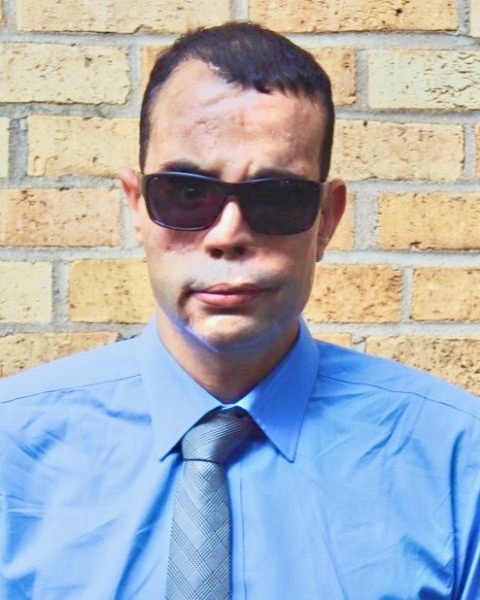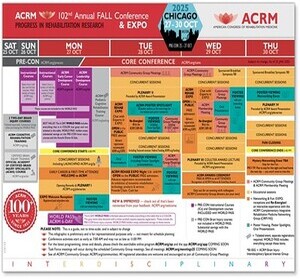International
Health Services Research
Breaking Barriers: Addressing Health Communication Challenges Faced by Refugees with Disabilities
Tuesday, October 28, 2025
1:00 PM - 1:15 PM
Location: Station 1
.jpeg.jpg)
Mustafa Rfat, MSW, MPA
PHD candidate
Washington University in St Louis
Qusay Hussien, MSSW (he/him/his)
PhD candidate
University of Texas Austin
Author(s)
Non-presenting author(s)
Learning Objectives:
- Identify key health communication barriers that impact refugees with disabilities in the U.S., including the role of limited language access, untrained interpreters, and culturally inappropriate communication practices.
- Analyze the intersection of disability, culture, and refugee status in shaping health communication challenges, drawing on evidence from lived experiences and healthcare provider insights collected through qualitative, community-based participatory research.
- Evaluate effective strategies and policy recommendations for improving health communication with RWDs, including the implementation of patient navigators, cultural brokers, and disability-focused provider training programs.

.jpg)
.jpg)
.jpg)
.jpg)
.jpg)
